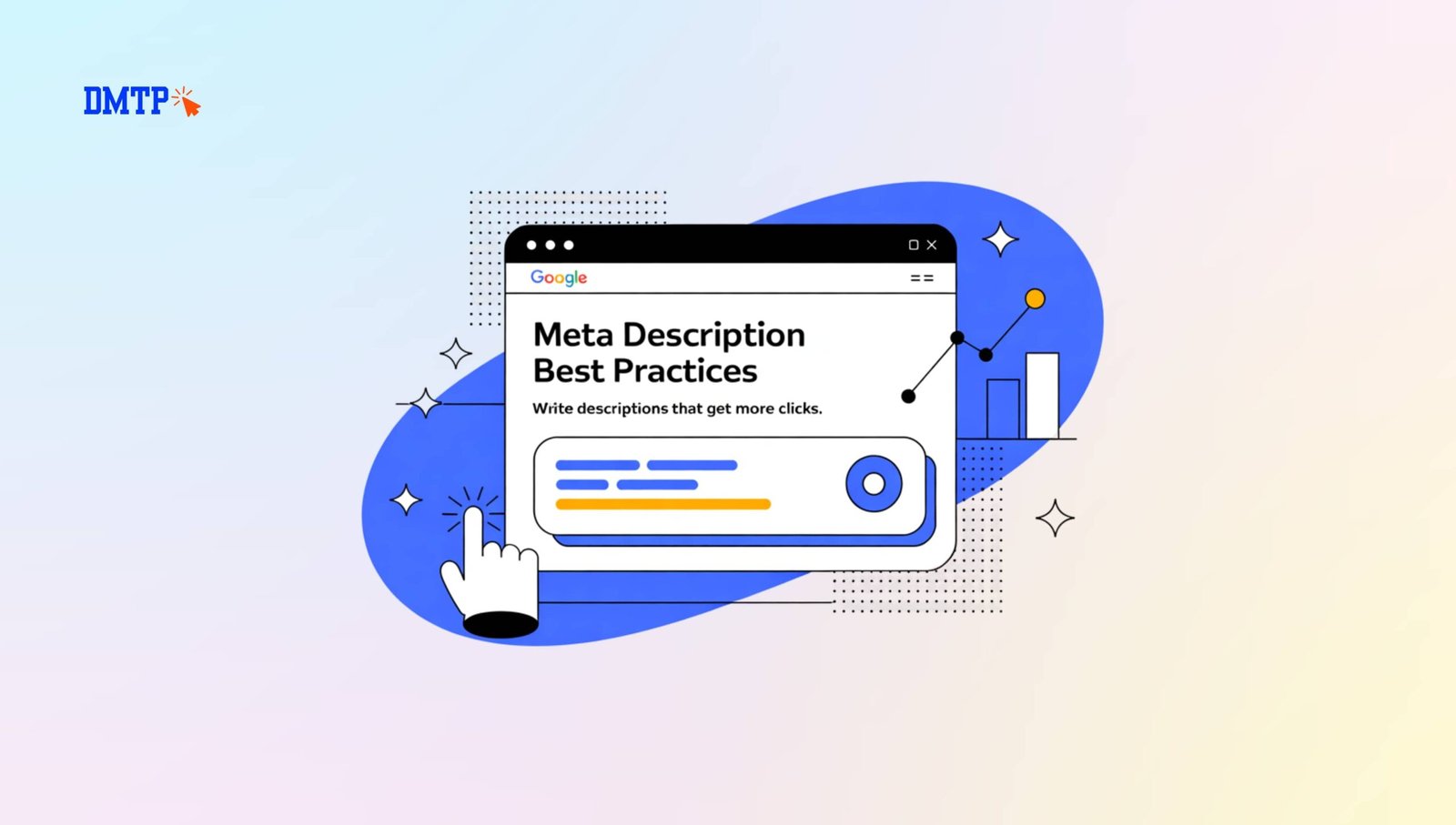Introduction
Ever searched for a recipe and seen ratings, cooking time, or even a mouth-watering image right in Google’s results? That’s not magic — it’s Schema Markup at work.
Schema Markup is one of the most powerful, underrated tools in SEO today. It’s what makes your website stand out with rich snippets, FAQs, product ratings, event details, and even voice search results.
In this guide, we’ll break down what Schema Markup is, why it matters for SEO in 2025, and how you can implement it with JSON-LD, Microdata, or RDFa. Don’t worry — we’ll keep the technical side simple, so you can apply it confidently.
Table of Contents
- What is Schema Markup?
- Why Schema Markup Matters for SEO
- Different Types of Schema
- JSON-LD
- Microdata
- RDFa
- JSON-LD
- How to Implement Schema Markup
- Best Practices in 2025
- Schema Tools and Generators
- Common Mistakes to Avoid
- FAQs
- Conclusion
What is Schema Markup?
At its core, Schema Markup is a structured data vocabulary created by Schema.org. It tells search engines exactly what your content means — not just what it says.
Think of it like a translator: while humans understand “Avengers is a movie,” search engines might see it as just text. Schema Markup clarifies that it’s a Movie, with a director, release date, and actors.
Instead of guessing, Google gets precise context.
Why Schema Markup Matters for SEO
In 2025, SEO is no longer just about keywords. Google’s Helpful Content updates, AI-driven ranking, and voice search all rely on context.
Schema Markup gives your site a competitive edge by:
- Unlocking Rich Snippets – Star ratings, FAQs, price ranges, images.
- Boosting CTR – Eye-catching results attract more clicks.
- Supporting Voice Search – Assistants like Alexa and Google use schema for answers.
- Future-Proofing SEO – Structured data helps with AI-driven search.
Without Schema Markup, your content might blend in. With it, your results pop off the page.
Different Types of Schema
There are three main ways to add structured data:
1. JSON-LD (Recommended)
JSON-LD is Google’s preferred format. It’s added in a <script> tag in your HTML and doesn’t interfere with page content.
Example (Recipe):
<script type=”application/ld+json”>
{
“@context”: “https://schema.org/”,
“@type”: “Recipe”,
“name”: “Chocolate Cake”,
“author”: “Jane Doe”,
“datePublished”: “2024-08-29”,
“description”: “Rich and moist chocolate cake recipe.”,
“prepTime”: “PT20M”,
“cookTime”: “PT30M”,
“recipeIngredient”: [
“2 cups flour”,
“1 cup sugar”,
“1 cup cocoa powder”
],
“recipeInstructions”: [
“Mix ingredients.”,
“Bake at 180°C for 30 minutes.”
]
}
</script>
2. Microdata
Microdata is inline markup that sits inside your HTML tags. It’s more cluttered than JSON-LD, but still works.
Example (Book):
<div itemscope itemtype=”https://schema.org/Book”>
<span itemprop=”name”>The Great Gatsby</span>
by <span itemprop=”author”>F. Scott Fitzgerald</span>
<meta itemprop=”datePublished” content=”1925″ />
</div>
3. RDFa
RDFa is similar to Microdata but adds attributes to HTML5 elements.
Example (Person):
<div vocab=”https://schema.org/” typeof=”Person”>
<span property=”name”>Jane Doe</span>
<span property=”jobTitle”>SEO Specialist</span>
<span property=”email”>jane@example.com</span>
</div>
How to Implement Schema Markup
- Choose the Right Schema Type – Article, FAQ, Product, Event, LocalBusiness.
- Generate the Code – Use Google’s Structured Data Markup Helper or a schema generator.
- Add It to Your Site – Place JSON-LD in your <head> or body.
- Test It – Use Google’s Rich Results Test or Schema Validator.
- Monitor Results – Check Google Search Console for errors or enhancements.
Best Practices in 2025
- Always prefer JSON-LD unless your CMS requires otherwise.
- Don’t spam — only mark up visible, relevant content.
- Keep your structured data updated (e.g., product availability).
- Validate regularly; even small errors can break rich snippets.
- Use multiple schema types together (e.g., FAQ + HowTo + Product).
Schema Tools and Generators
Here are some free tools to make schema easy:
- Google’s Structured Data Testing Tool
- Rich Results Test
- Merkle Schema Markup Generator
- Rank Math / Yoast SEO (WordPress plugins)
Common Mistakes to Avoid
Marking up content that doesn’t exist on the page.
Using multiple conflicting schemas for the same content.
Forgetting to validate before publishing.
Thinking schema alone will boost rankings (it improves visibility, not ranking).
FAQs
Q1: Does Schema Markup directly improve SEO rankings?
Not directly — but it improves click-through rates and visibility, which can boost SEO performance.
Q2: Which Schema format should I use?
Google recommends JSON-LD, but Microdata and RDFa are also valid.
Q3: Do I need a developer to add Schema Markup?
Not always. Tools and plugins make it simple, especially on WordPress.
Q4: Can I use multiple Schema types on one page?
Yes, as long as they match the content. For example, a Product page can also include FAQ schema.
Conclusion
Schema Markup is no longer optional — it’s a necessity in 2025. Whether you’re running a blog, an e-commerce store, or a local business, adding structured data helps search engines understand your site and rewards you with rich results.
Start small with JSON-LD, validate your code, and expand gradually. The sooner you implement Schema Markup, the sooner your website stands out from the competition.
Also Read: Full Technical SEO Checklist to Improve Your Rankings in 2025














